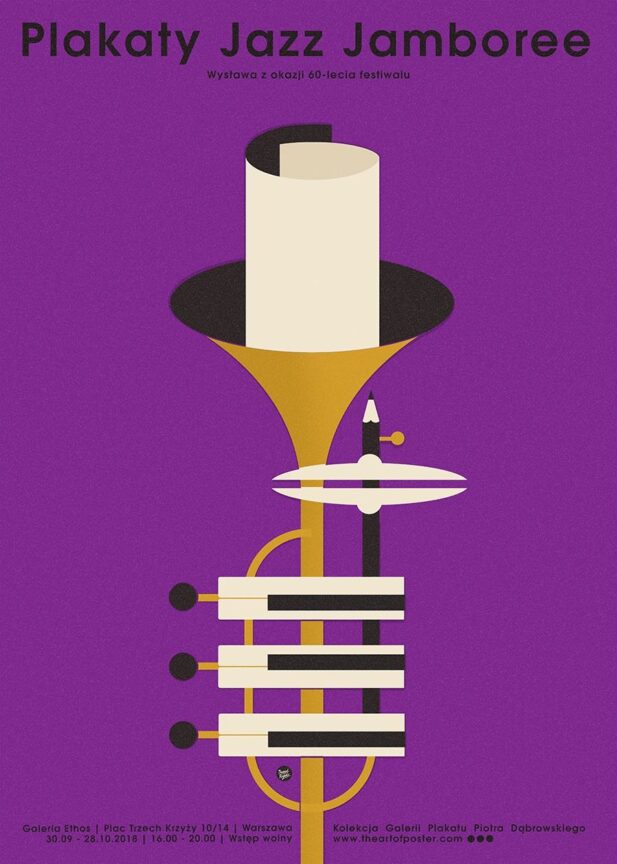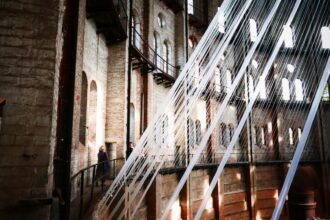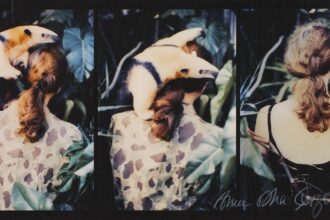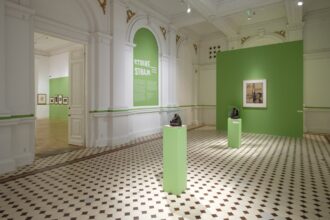Jazz Jamboree, 60 years of the Festival poster exhibition in Warsaw
The Jazz Jamboree exhibiton and jubilee focus obviously on the event musical heritage.
For me, a jazz and Polish posters lover, the exhibition is an excellent opportunity to reflect on the posters role in the event.
The revival of the jazz music in Poland overlapped with the artistic golden era called the Polish Poster School. The beginnings date back to the late 1940s and the superb film posters but the climax of the phenomena occurred in the years 1955-65.
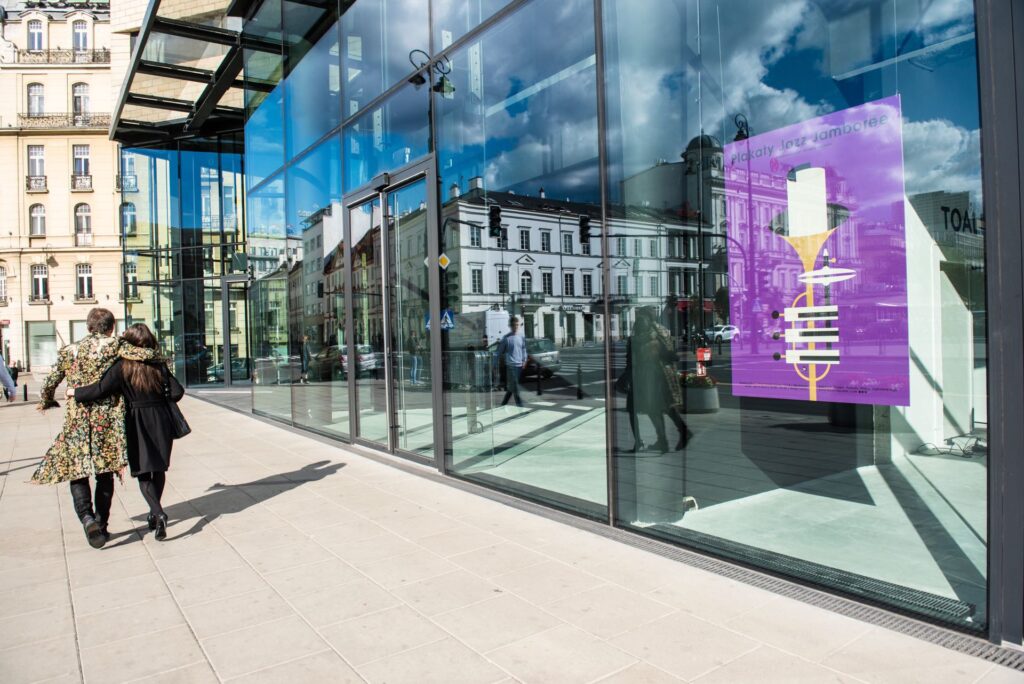
Poster as the masterpiece
The communist regime focused in the first years on excluding jazz from the Polish musical scene. Performing and listening to jazz was forbidden and breaching this ban resulted in repressions, both for musicians and audience. For the regime, jazz was ideologically, culturally and politically adverse. Fortunately, jazz survived and after liberalization from the second half of the 1950s, it triumphantly re-entered the Polish musical scene. Jazz was performed during big festivals, in student clubs and on other small venues. Participating in those events was also significant in another dimension; it manifested the worldview rejecting official propaganda dogmas.
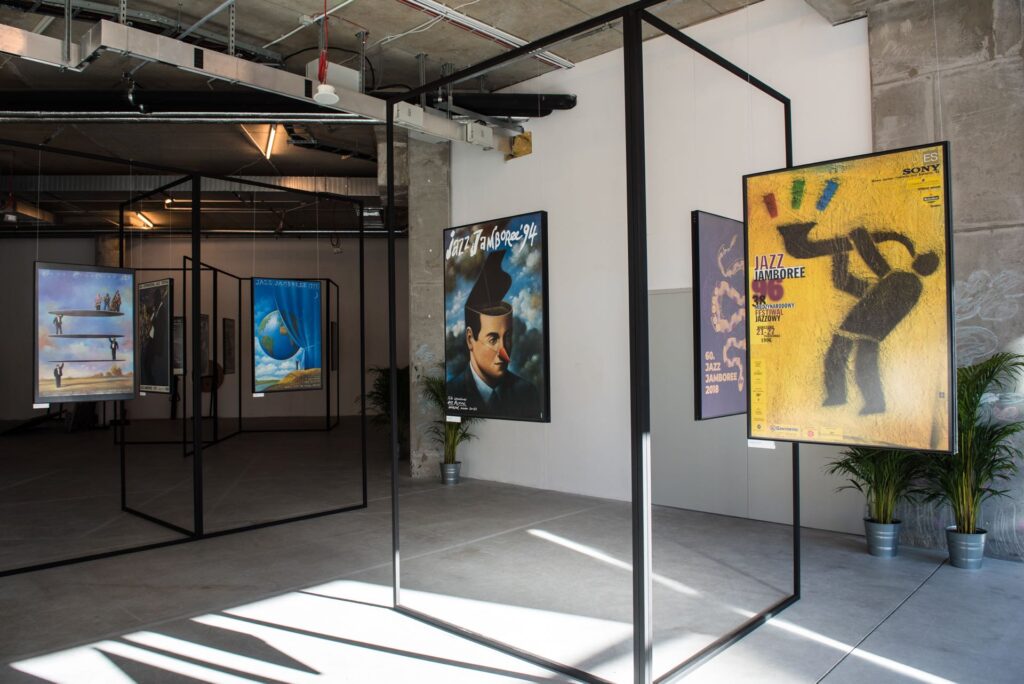
The Polish Poster School
The Polish Poster School is the term well known to art lovers but not easily definable at the same time. Its common feature was transforming the poster from banal, utilitarian graphics to a masterpiece. Means of expression differed significantly. From complex painted compositions to photography, letters compositions to designs relying on graphical symbol. Metaphors, allusiveness, provocations and intellectual riddles also characterize this trend.
Jerzy Skarżyński’s design, which promoted the First National Festival of Jazz Music in Sopot, is considered as the first Polish jazz poster after the revival of 1956. The Warsaw Festival was the sequel of the one in Sopot but the name Jamboree appeared in festival printed materials only in 1965.
Collectors' Jazz Jamboree prints
Each edition of the Festival, which for jazz lovers had been a musical celebration since the mid 1950s, was announced by new, especially commissioned posters. They became valuable souvenirs and quickly turned into rarities searched for by collectors. Performers and audience from all over the world, when returning home, used to take the posters with them. That is how the posters went to the jazz cradle – USA, as well as West European countries but also to East Germany or Hungary, where many festival music listeners came from.
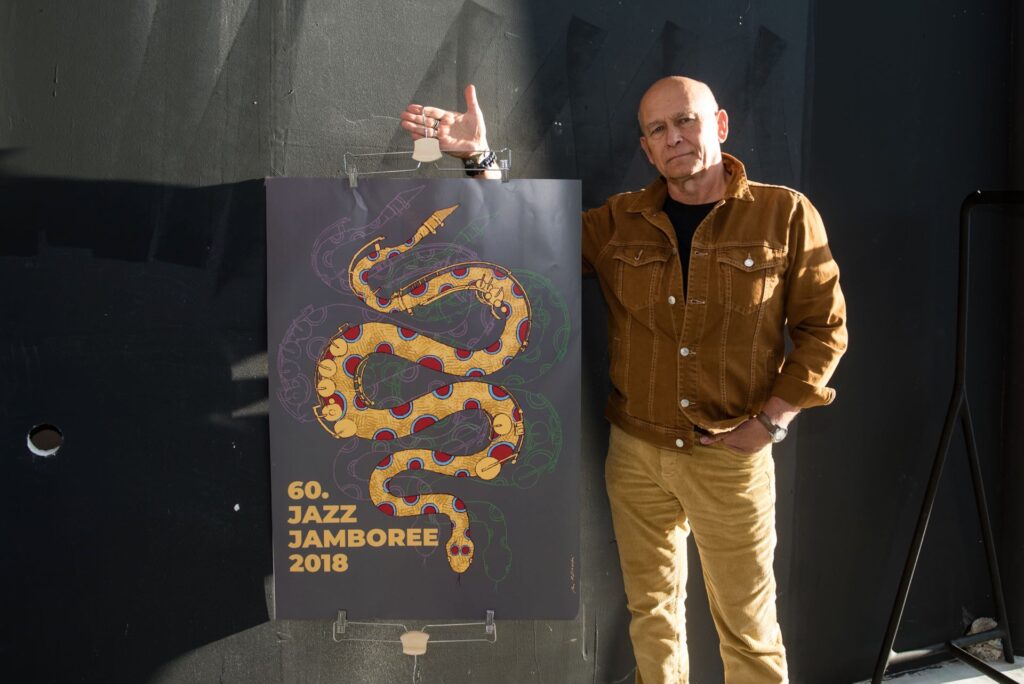
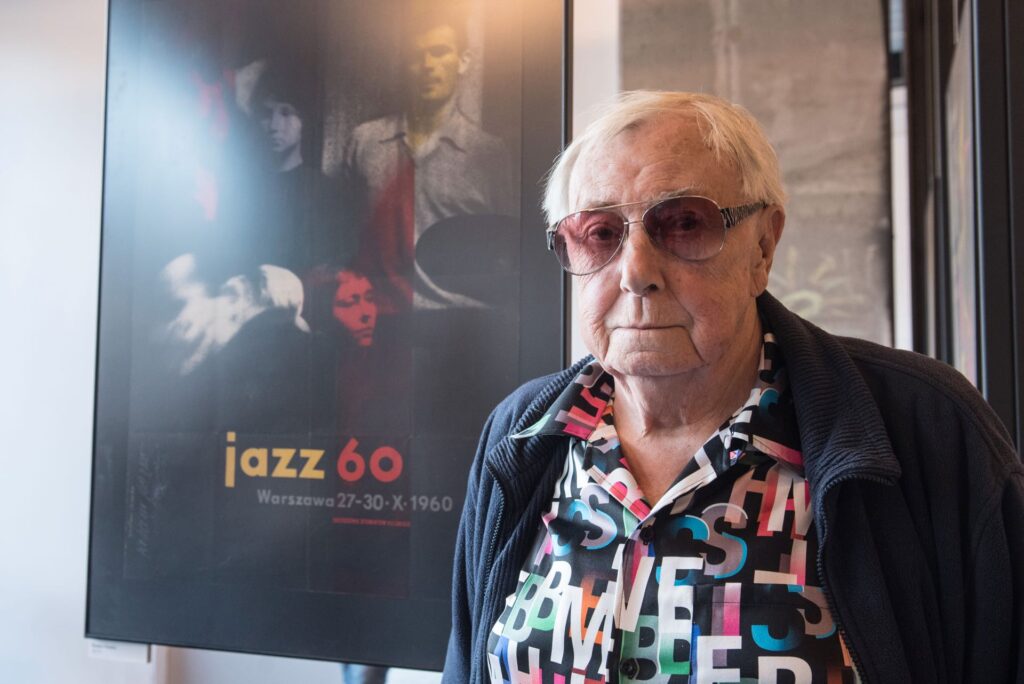
The posters were made by the most renowned members of the Polish Poster School. In its early period, Jerzy Skarżyński, Rosław Szaybo, Waldemar Świerzy were particularly active ones. Single prints were designed by other outstanding Polish artists such as Henryk Tomaszewski, Jan Młodożeniec, Wiktor Górka, Hubert Hilscher, Maciej Urbaniec. In later years, Rafał Olbiński and Wojciech Korkuć were very active in delivering projects as well as Rosław Szaybo who were living in Britain and came back to poster design after 20 years long pause.
The names mentioned above are as important for graphical design aficionados as Miles Davis, Thelonious Monk, Keith Jarrett or Krzysztof Komeda for jazz fans.
In future with hope
2000 is a sad year for festival posters. The prints of twenty-first century are mostly ordinary posters without artistic value and they merely inform about concerts. They lack ambition of presenting the topic in an interesting and unique way. An optimistic accent is the poster from the previous year and the latest one, which were designed by the renown and adored graphic designer Andrzej Pągowski.
I hope that next editions of the event so important for the Polish culture, will also be announced by the posters referring to the best traditions of the Polish artistic poster.
Piotr Dąbrowski
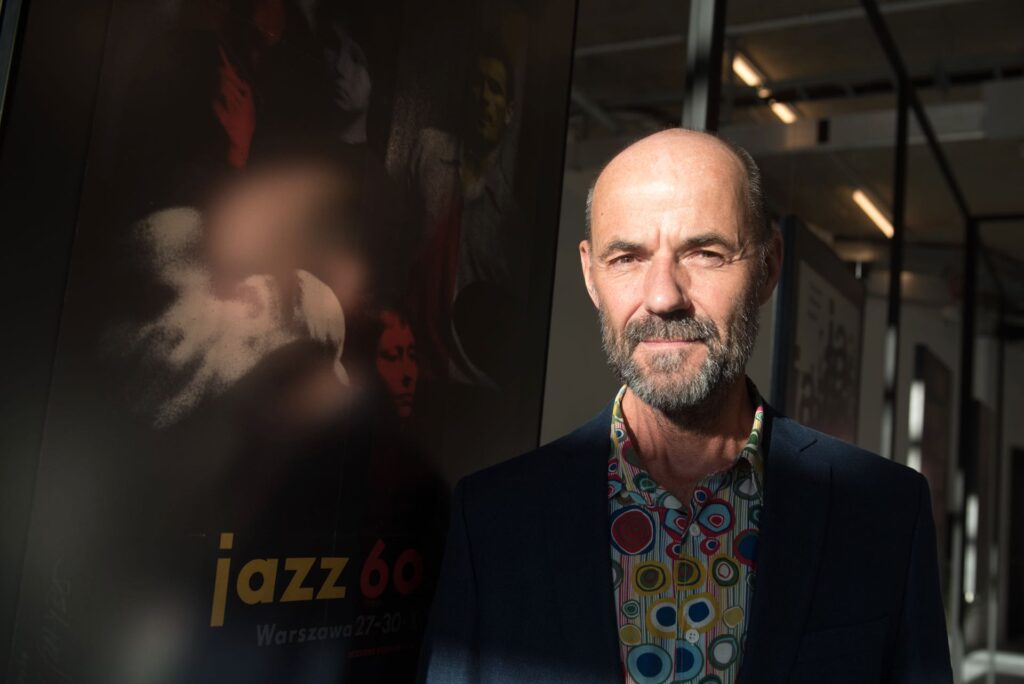
ETHOS GALLERY
Three Crosses Square 10/14, Warsaw
30.09.2018 – 28.10.2018
OPENING HOURS/ 4-8pm
translation/ Rafał Michalski

